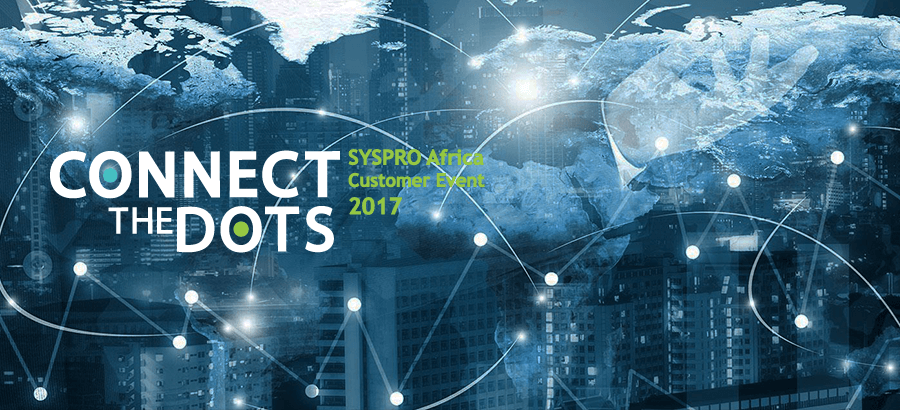‘Disruption’ is a word usually associated with inconvenience and aggravation. A disruption while you’re watching your favorite TV series, a disruption that takes you away from the dinner table or that annoying disruption during your big presentation at work.
So when can disruption actually improve our lives?
If you are a consumer, digital disruption may be the answer to that question. Fast becoming a household name thanks to the likes of Uber and Airbnb, digital disruption is providing us with a heap of new options. But it really is nothing new. In fact, ever since the first super computer was repurposed for commerce, digital disruption has been a part of modern business.
True digital disruption is underpinned by eating into existing market share or creating whole new markets. Uber being a case in point by redefining a 100 year old taxi industry. Or consider the way Whatsapp and Skype have impacted cellular providers around the globe.
If we look at ERP, originally it was based on the principal of a digital system of record. It was at the forefront of the last major wave of technology and business disruption which occurred in the early ‘90s. This disrupted slower more cumbersome manual systems at the time. Today ERP in itself does not disrupt other technologies; however its role in this new digital economy is paramount.
These solutions have laid the foundation for an organization to create what is necessary to disrupt its market. Today’s business systems must enable digital disruptive technologies as part of their offering – broadening their scope, and moving from a system of record or transaction, to one that drives business behavior. They are evolving by having the ability to look at a combination of traditional transactional data and unstructured data, and by utilizing algorithmic business to leverage the best from both.
ERP systems have evolved to include machine learning, and the ability to look at structured and unstructured data in order to deliver business insights. However these are just the tools available to an organization using a modern business system. What you do with these tools determines the extent to which you will be able to disrupt their industry.
The basic premise of digital business hinges on having a business model that is extremely agile and responsive to what is happening in the market. This allows for quick identification of opportunities and applying the necessary measures to convert them into successes.
According to Gartner Inc., world leaders in tech research, a bimodal business modal makes the most sense. The first mode is your existing business – it’s well known to you and offers you control and conformance. It is the system of transaction which drives the very functioning of your organization. The second mode incorporates both digital and disruptive technologies.
This bimodal approach allows you the competitive edge of using technology to disrupt your market and competitors, while maintaining a solid bridge to your existing established operation.
We spend significant time and investment in enabling our clients to take advantage of disruptive technologies as and when they reach readiness to adopt a bimodal approach. This enables them to become a lot more competitive in their respective markets.
Organizations need to understand whether their existing systems are in fact constraining or enabling their progress. ERP systems should have the potential to integrate seamlessly into disruptive technologies, and be able to take advantage of new technologies such as the Internet of Intelligent Things and Industry 4.0.







